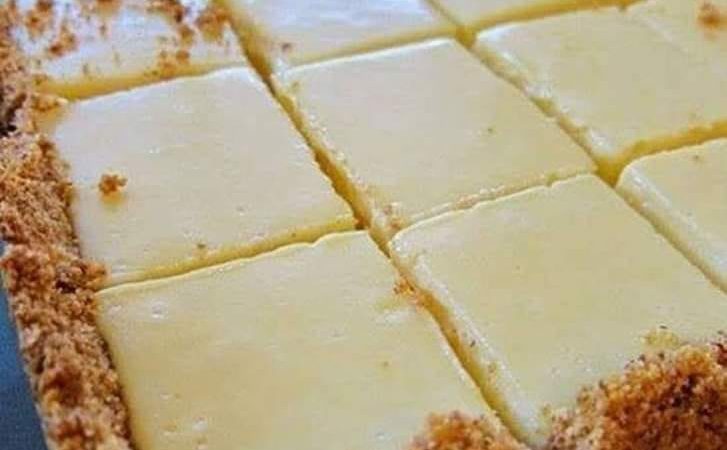The Galaxy Andromeda, which will collide with the Milky Way, is already visible to the naked eye in the sky.
The Andromeda Galaxy, also known as M31, is a spectacular sight in the night sky. It is a spiral galaxy, similar in shape to our own Milky Way, and it is located approximately 2.5 million light-years away from us. But what makes Andromeda even more remarkable is the fact that it is on a collision course with the Milky Way, and this cosmic collision is already visible to the naked eye in the sky.
According to astronomers, the Andromeda Galaxy and the Milky Way are set to collide in about 4.5 billion years from now. As the two galaxies approach each other, their gravitational forces will begin to interact, causing distortions in their shapes and pulling stars and other cosmic objects out of their original orbits.
Despite the fact that this collision will be a catastrophic event on a cosmic scale, it is also an exciting opportunity for astronomers to study the formation and evolution of galaxies. By observing the collision as it happens, researchers hope to gain insights into how galaxies are formed, how they evolve, and how they interact with each other.
But even before the collision occurs, the Andromeda Galaxy is already visible to the naked eye in the sky. It appears as a faint, blurry patch of light in the constellation Andromeda, and it is one of the farthest objects that can be seen without the aid of a telescope. With a pair of binoculars or a small telescope, however, the Andromeda Galaxy comes into sharp focus, revealing its spiral arms, star clusters, and other fascinating features.
As we gaze up at the night sky and marvel at the wonders of the universe, the Andromeda Galaxy serves as a reminder of the incredible cosmic forces at work around us. While the collision between Andromeda and the Milky Way may seem like a distant event, it is a testament to the grandeur and majesty of the cosmos, and it offers a glimpse into the fascinating and mysterious world of galaxies beyond our own.
Hits: 0











